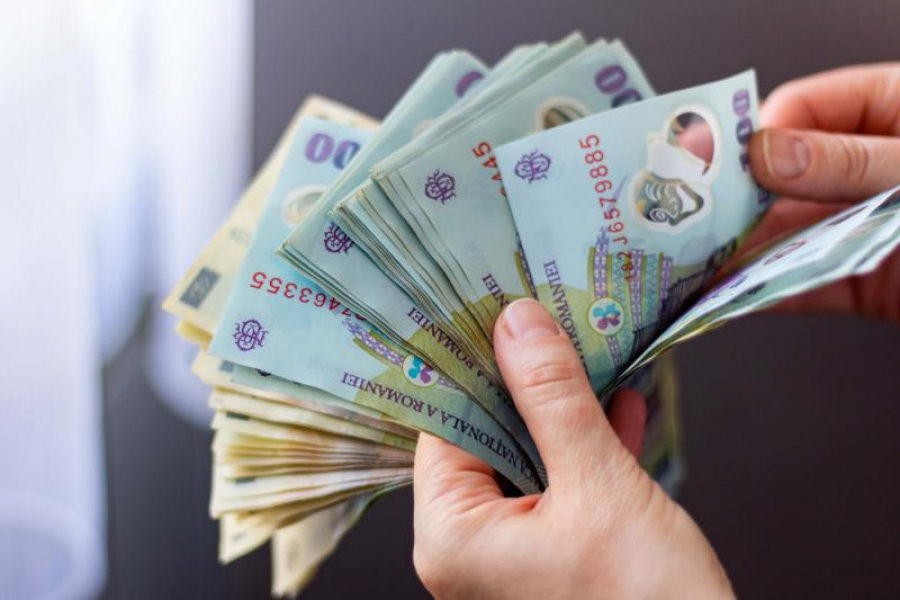Romanian Senate approved in March 2010 the Law stipulating that corporate taxpayers will have the possibility to pay VAT resulting from the issuing of the invoice to customers within 30 days from receipt of the amounts and not until the 25th of the month following the month in which the invoice was issued.
This amendment is contrary to the European Directive 112/2006, which states as a general rule that the payment liability appears at the time of the delivery of goods, at the date of services provisioning and on the date of receipt of advance payments before delivery or performance.
However, notwithstanding the general rule regarding the generator event and VAT payment, at art. 66 from the European Directive 112, there is stated that EU Member States may stipulate that VAT becomes chargeable for certain transactions or certain categories of taxable persons, the latest at the payment date.
Romanian Senate approved in March 2010 the Law stipulating that corporate taxpayers will have the possibility to pay VAT resulting from the issuing of the invoice to customers within 30 days from receipt of the amounts and not until the 25th of the month following the month in which the invoice was issued.
This amendment is contrary to the European Directive 112/2006, which states as a general rule that the payment liability appears at the time of the delivery of goods, at the date of services provisioning and on the date of receipt of advance payments before delivery or performance.
However, notwithstanding the general rule regarding the generator event and VAT payment, at art. 66 from the European Directive 112, there is stated that EU Member States may stipulate that VAT becomes chargeable for certain transactions or certain categories of taxable persons, the latest at the payment date.
To ensure a fair system in terms of VAT, postponing VAT call date at the moment of the payment of the invoice also involves the delay of the tax deduction right until the payment of the provider.
Thus, because of this change, Article’s 134^1, first paragraph of the Tax Code should be annotated, meaning that the generator event for delivery of goods and services occurs at the date of receipt of the equivalent value of the invoice.
Article 134^1, second and fifth paragraph, that refers to goods supplied under a consignment contract and paragraph (1) from article 134^2 will indicate that the payment of the tax occurs at the date when the generator event takes place.
The amount of the tax to be paid will be determined in proportion to the received value of the total billed revenue.
It also would repeal paragraph 2 of Art. 134^2 which specified exceptions referring to the moment in which VAT call date interferes.
This change would also lead to the modification of article 146 paragraph 1 letter a) specifying that the tax for goods that have been or will be delivered or services that have been or will be rendered in its favour his, to have an invoice containing the information stipulated in art.155 paragraph (5) and evidence of payment of the invoice.
This measure would however create a great advantage for the companies, meaning that this measure would be like a “breath of oxygen” in an economy suffocated by tax and legislative inconsistency.
The measure would help companies that have to pay VAT that in fact they have not yet received, because, very often they do not receive the payment on time from the customers, and at their turn, besides many other duties and taxes, must pay VAT to the state budget before cashing out money for the issued invoices, and thus creating a chain of debts.
Finally there are many companies who have, in their turn, important amounts of money representing VAT that has to be recovered from the state budget which is recovered with delay, making it difficult once again for the company and therefore for its partners.
Often, as a result of late VAT collection from the state budget many companies are forced to resort to loans for the support of the economic activity. For these loans, we should not forget the high rate of interest that taxpayers must pay, unjustified in comparison to the profits that they can obtain from the economic activities they carry out and, not the least, the more limited access to credit as a result of economic crisis .
On the other hand let’s not forget the penalties that the companies are required to pay for delays in VAT payment, as a result of non collecting the bills in time.
All these lead ultimately to the economic blocking of those taxpayers who do not manage to survive in a defective economic system from many points of view.
For sure, if this measure will be introduced, there will be disadvantages for the state budget, at least in the first phase of its introduction, but when this system would begin to work, after a few months, surely things would go much better than today.


